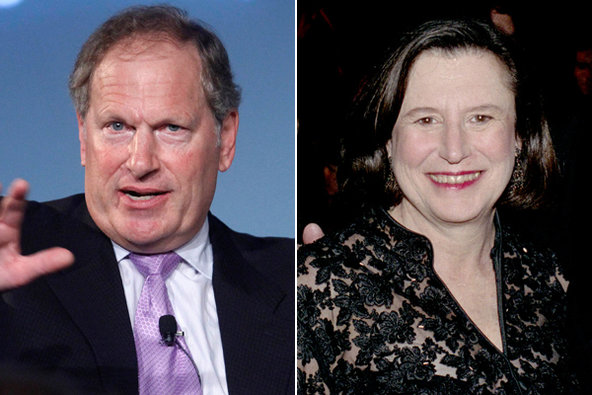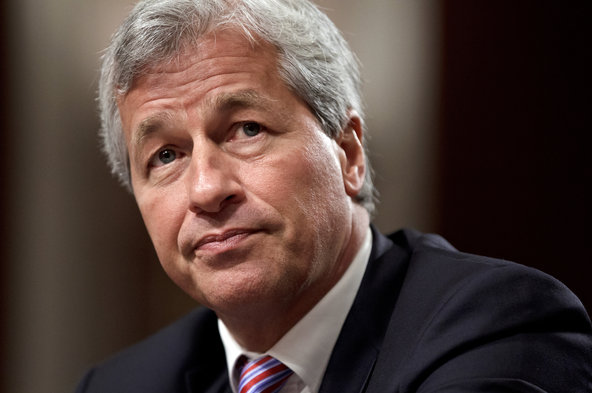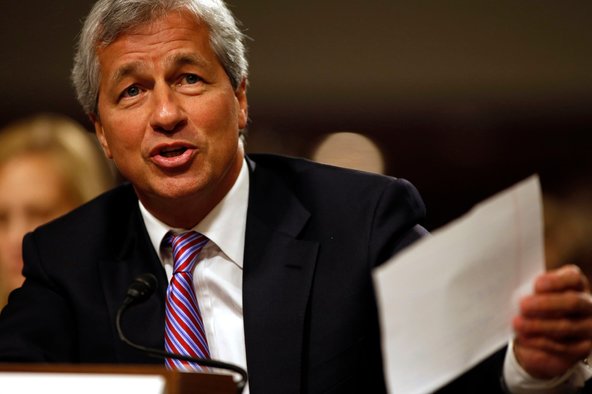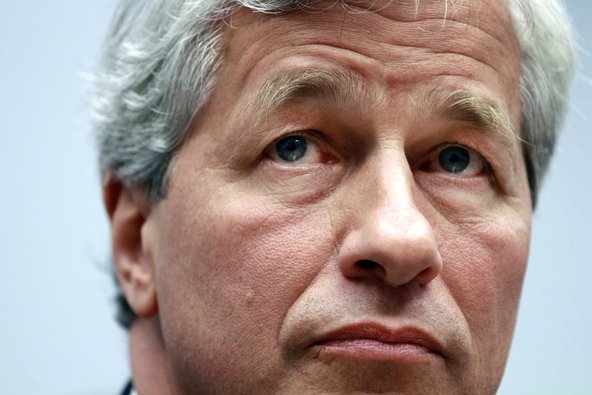You call him Chrysler’s chief executive.
There has never been a proposed I.P.O. like Chrysler’s.
How is it different?
First, the preliminary prospectus filed by the company this week has only one underwriter listed, JPMorgan Chase. A typical offering by a large company will have at least a few underwriters. Every investment bank wants some of the profits, and the company wants maximum distribution. When General Motors, out of bankruptcy and newly profitable, went public in 2010, 10 underwriters were listed on the first prospectus, including all the big ones. Many more were added before the offering took place.
Here, it is quite likely that the rest of Wall Street stayed away because they feared alienating the very company whose stock was being sold.
Second, the G.M. prospectus, as with every other I.P.O. prospectus I have ever seen, tried to put its best foot forward. Within the bounds of securities laws, the prospectus writers did their best to attract investors. Chrysler’s, within the same bounds, is clearly aimed at alienating investors.
As such, it may become something of a collector’s item. A game of chicken between Chrysler’s two owners — Fiat, the Italian automaker, and a trust that provides benefits to Chrysler’s retirees — has burst into the open.
Each thinks the other is being unfair and is using threats to force concessions. If no one backs down, it is quite possible the company could be destroyed — something that would be disastrous to both. Each seems to be confident that the other will give in eventually.
But games of chicken can get out of hand.
The 2009 bankruptcies and bailouts of Chrysler and G.M. were messy. Some creditors were outraged, contending that they deserved more and that unionized workers deserved less. In both companies, the Treasury and trusts for workers’ benefits wound up owning big stakes.
At Chrysler, which was woefully mismanaged by its two previous owners — Germany’s Daimler and Cerberus, the American private equity firm — the Obama administration concluded that the company’s best hope for survival was to find an automaker with a high-quality management team that could be a valuable partner for a company that had been left with no presence outside North America. Fiat was interested and seemed ideal. It had no United States presence and had technology Chrysler could use. Chrysler had technology Fiat could use. Sergio Marchionne, Fiat’s chief executive, became Chrysler’s chief executive as well.
Most of Chrysler’s stock was owned by a retiree trust, a voluntary employee benefits association, or VEBA. The United States and Canadian governments had stakes as well — thanks to their bailout — and Fiat had a stake.
The combination seems to be working well, benefiting both companies. Chrysler is doing better than the parent these days, and in the end it may turn out that Chrysler will have rescued Fiat as much as or more than Fiat rescued it.
That Chrysler seems to be outperforming Fiat now may, however, say more about geography than competitiveness. The American car market is surging, while the Western European market is in a deep recession. In Italy, Fiat’s home market, new-car registrations are running at the lowest level in more than 30 years.
No one doubts that the two companies need each other, or that Fiat wants to buy the rest of Chrysler. And that is where the game of chicken is being played.
Under agreements that appear to have been poorly drafted, Fiat has a right to buy a substantial part of the VEBA’s interest every six months. The price is determined by a complicated formula that is supposed to represent what a market price for the stock would be if it were public.
It looks as if that formula may not be doing a very good job. When Fiat tried to make the first purchase last summer, it calculated the price as being about a third less than what it had voluntarily paid the Treasury a year earlier in a negotiated deal. The VEBA said the formula, under its interpretation, called for a much higher price. They went to court in Delaware to hash it out.
A ruling this summer gave Fiat a victory on important parts of the case but left others for a future trial. One detail still to be determined is whether the formula allows Fiat to use extraordinary losses to reduce the price it has to pay while ignoring similar gains that would raise the price. That seems to hinge on the meaning of a word (“charge”) that went undefined in the original document.
There are more such purchases scheduled to happen. For the VEBA, avoiding the formula might be very helpful. And the agreement provides that the formula vanishes with an I.P.O. After that, the market price would be used.
That is one reason that the VEBA may have had for exercising its right to sell some of its stock in an I.P.O.

Floyd Norris comments on finance and the economy at nytimes.com/economix.
Article source: http://www.nytimes.com/2013/09/27/business/chryslers-owners-race-for-the-cliff.html?partner=rss&emc=rss








